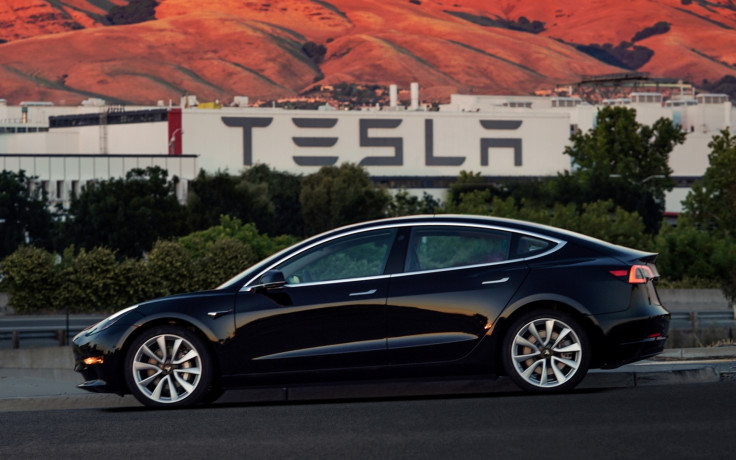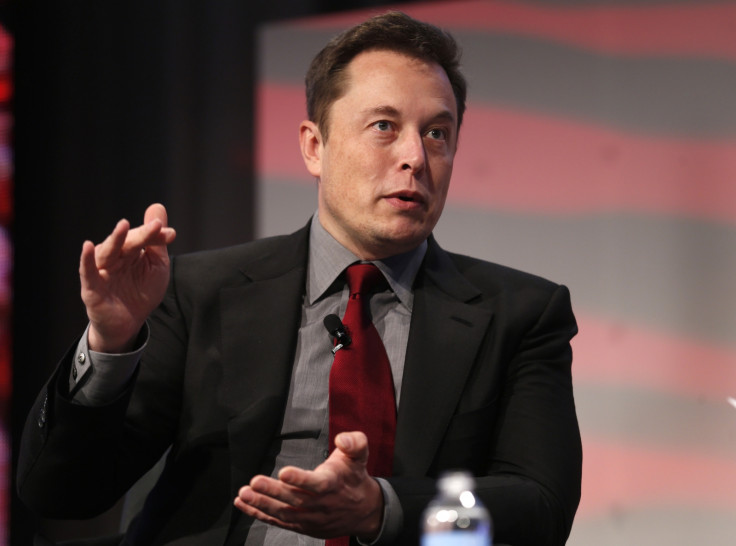Unprofitable Tesla's 'junk' bond issuance should not be hyped up
Electric carmaker's mammoth issuance to a fund a new model's production must be treated with caution.

Imagine a loss-making company – that has historically suffered from a demonstrable lack of operating profit for the entirety of its corporate existence, with a high cash burn rate, substantial debt load and an absence of borrowing history – decides to tap the bond market via a mammoth issuance. Most observers give such an investment offer a junk status.
That's why a $1.5bn (£1.15bn) bond issuance by electric carmaker Tesla – which matches such a description – is no exception. Of course, for the equity market, the company remains a firm favourite. For a company that has yet to make a profit, its share price is up 66% since the start of 2017, giving it a market valuation of $60bn and making it bigger, on paper, than General Motors and Ford.
Tesla's flamboyant boss Elon Musk is betting that bond investors will be just as hungry as stock investors. So here's the preposition – Tesla is hoping its new Model 3, launched in July as its least pricey car, would propel it towards profitable, high-volume vehicle manufacturing.
Priced at $35,000 per unit, the Model 3 has bagged 455,000 orders since its launch, a downward revision from the 518,000 units Musk initially proclaimed. Tesla has set a target of 400,000 units to be assembled by 2018.
"Model 3 would lead to six months of manufacturing hell," Musk said last month, with his company attempting to make 100,000 units in 2017.
Now here's the financial reality – from holding $4bn on 31 March, Tesla's cash pile fell to $3bn by 30 June. It expects capital expenditures of $2bn in the second half of this year to boost production at its Fremont, California assembly plant and a battery plant in Reno, Nevada.
The bond market would be greeted with no profit on the horizon and no pedigree in terms of issuance. Let's not forget, Tesla's debt burden rose significantly in 2016 when it bought solar panel maker SolarCity.
So no matter how stellar its reputation is on the equity markets, Tesla's debut on the bond market would be via junk status – or in simple terms a low quality investment with the enticing offer of a higher yield.
A spokesperson for Tesla said the bonds will have to be repaid to investors in eight years, but the interest rate on offer has not yet been agreed upon. The latter point has not been helped by the ratings agencies either.
After Tesla made the announcement, Standard & Poor's reaffirmed its negative outlook for the carmaker and assigned a "B-" rating for the bond issue. That's deep into junk credit territory. S&P also maintained its "B-" long-term corporate credit rating on Tesla.
Furthermore, the agency warned: "We could lower our ratings on Tesla if execution issues related to the Model 3 launch later this year or the ongoing expansion of its Models S and X production lead to significant cost overruns."

Rival ratings agency Moody's told clients it too has assigned also assigned junk status ("B3" rating) to the bond issue.
It added that the overall company's "B2" rating was supported by the fact that if Tesla ends up in a financial pickle, its brand, products and physical assets would carry "considerable value" to other carmakers.
Based on the junk status awarded by S&P and Moody's, and the fact that Tesla has put an eight-year maturity frame on the bond, IBTimes UK sources suggest yield on it would be between 5 and 6%. Of course, Tesla will pitch itself as a 'green' bond issuer and the final rate of interest could depend on investor appetite.
Nonetheless, should it successfully raise the $1.5bn, few analysts expect the proceeds to last beyond the third quarter of 2018.
While Tesla's "manufacturing hell" would be tolerated by equity markets, barring the odd short-seller, Musk might well be about to find out that bond investors are far less forgiving when it comes to companies that don't make money. But then that's the sort that usually turn to junk bonds.
Gaurav Sharma is the Business Editor of IBTimes UK. He has been a financial journalist for over 15 years, with a core specialisation in macroeconomics and commodities. Follow Gaurav on Twitter.
© Copyright IBTimes 2024. All rights reserved.






